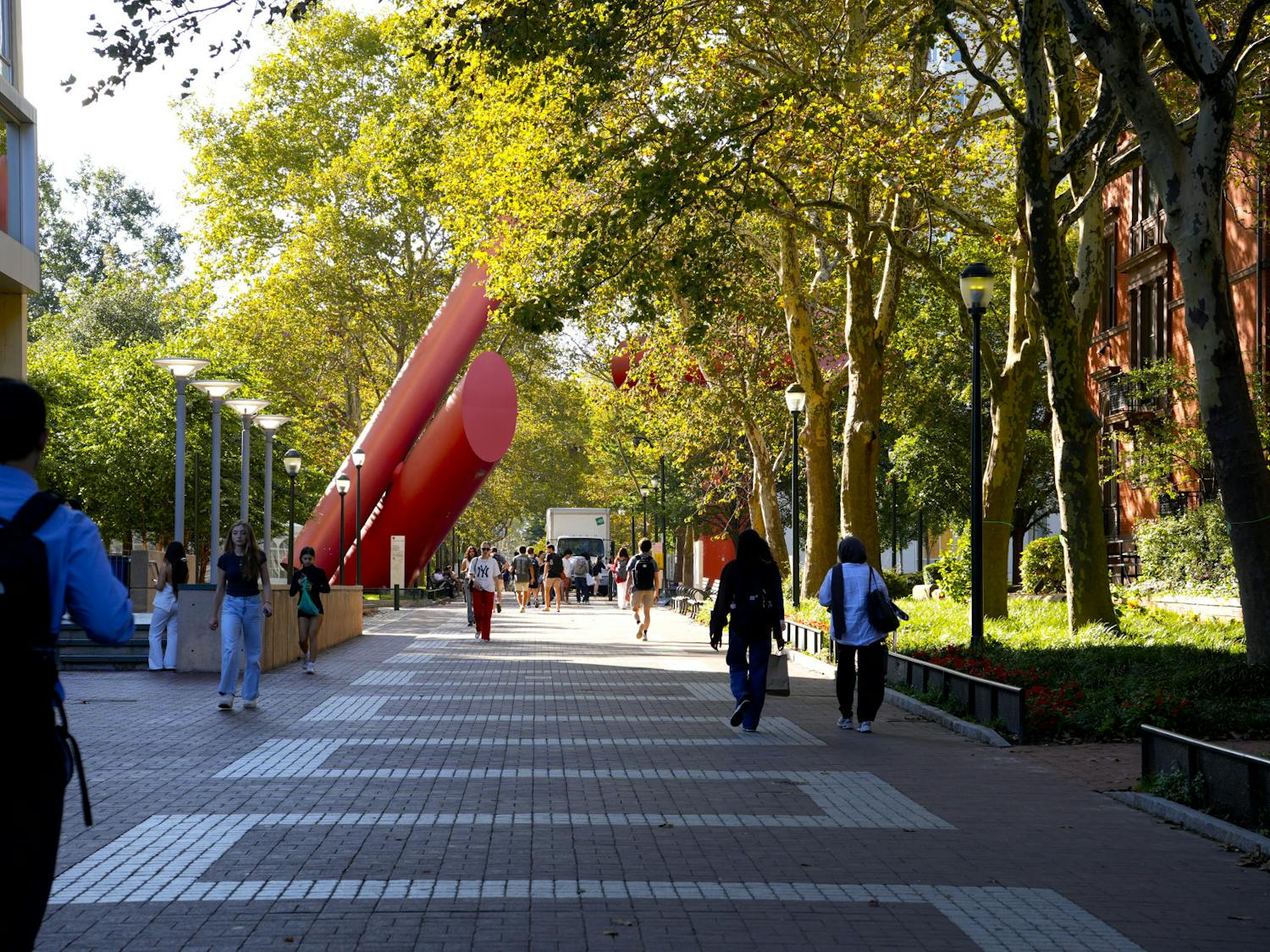The body backed a call to limit administators' access to student e-mail. University Council approved an updated proposal yesterday for a school-wide policy governing the privacy of e-mail and other electronic information, addressing some of the concerns raised by students and faculty since an initial version of the policy was released in January. The latest version includes several changes demanded by the Undergraduate Assembly. Physiology Professor Martin Pring, who chairs Council's Committee on Communications, agreed to include the UA's proposed changes in the version of the policy placed before Council yesterday. The changes make it more difficult for administrators to read students' e-mail without their permission. University President Judith Rodin must approve Council's recommendations before the proposal takes effect. Also at yesterday's meeting, Provost Robert Barchi announced that the University has decided to accept recommendations made by the UA that students receiving financial aid be permitted to receive a waiver from their summer earnings requirement if they participate in a low- or non-paying public service or research internships. The policy, which goes into effect immediately, allows students to apply for a waiver for one summer during their undergraduate years at Penn. Current freshmen, sophomores and juniors must apply by May 15 to receive a waiver for upcoming summer plans. The newest version of the e-mail policy authorizes specified University officials to access a person's files or e-mail under certain conditions: "when there is a reasonable basis to believe" that doing so is necessary to comply with the law; will provide necessary information for an investigation of a violation of the law or University policy; is necessary to ensure the integrity of University computing systems; or may yield information needed to deal with an emergency. The previous version had required only a "good faith belief" before a search could be conducted, which the UA objected to, saying that the policy should use accepted legal terms in defining its protections. Another change applied only to the section of the policy governing students' privacy. The Office of Student Conduct was removed from the list of official University bodies authorized to approve searches, with the Vice Provost for University Life taking its place. The OSC is the main student judiciary body, and is responsible for hearing disciplinary cases. Many expressed concerns that the quasi-prosecutorial organization would have the right to decide when to read e-mail. The other changes require that the Office of the General Counsel keep a record of all authorized searches and shorten the length of time before the policy undergoes a review from two years to one. "We were just really ecstatic that the administration was so receptive to our concerns," said Undergraduate Assembly Chairman Michael Bassik, a College junior. "I think it's a real victory for the student body." With a quorum present for the first time this semester, the policy proposal was approved by a vote of 46 to zero, with no abstentions. About half of Council's 92 members attended yesterday's meeting in McClelland Hall, though not all of those in attendance participated in every vote. At least 37 members must be in attendance for official votes to take place. In its other major business of the meeting, Council approved five changes to its by-laws. The changes included revisions of rules that govern representation on Council's Steering Committee and the timing of Council's annual transition meeting.
The Daily Pennsylvanian is an independent, student-run newspaper. Please consider making a donation to support the coverage that shapes the University. Your generosity ensures a future of strong journalism at Penn.
DonateMore Like This
Penn Museum hosts 45th annual Lunar New Year celebration
By
Candice Felderer
·
21 hours ago
Wharton to face trial over $37 million contract dispute
By
Hailey Hilsabeck
·
21 hours ago








